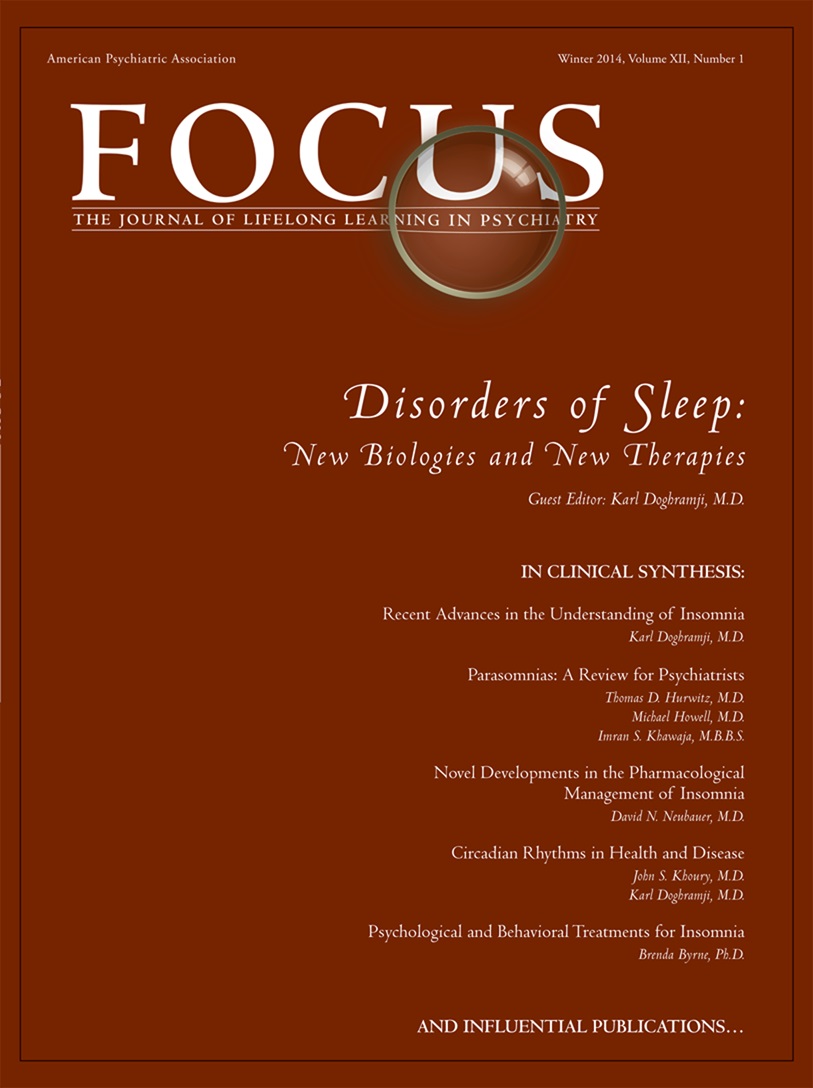Psychological and Behavioral Treatments for Insomnia
Abstract
Insomnia, a costly public health problem, can be precipitated by multiple forms of stress. Sleep difficulties have many sources, some based in medical or mental health disorders and some based in other sleep disorders or in substance abuse. Primary insomnia, not accounted for by other health or sleep disorders, has been addressed by psychological and behavioral treatments, which offer remedies for the perpetuating factors that extend insomnia into chronic forms. Many people prefer not to rely on hypnotic medications as a permanent solution to insomnia. A report by the American Academy of Sleep Medicine (AASM) has identified several nonmedication-based interventions judged to be effective and recommended in the treatment of chronic primary insomnia. These include stimulus control, sleep restriction, relaxation training, cognitive behavior therapy, paradoxical intention, and biofeedback. Models of physiological, behavioral, cognitive, and metacognitive factors support these treatments and account for their effects.



